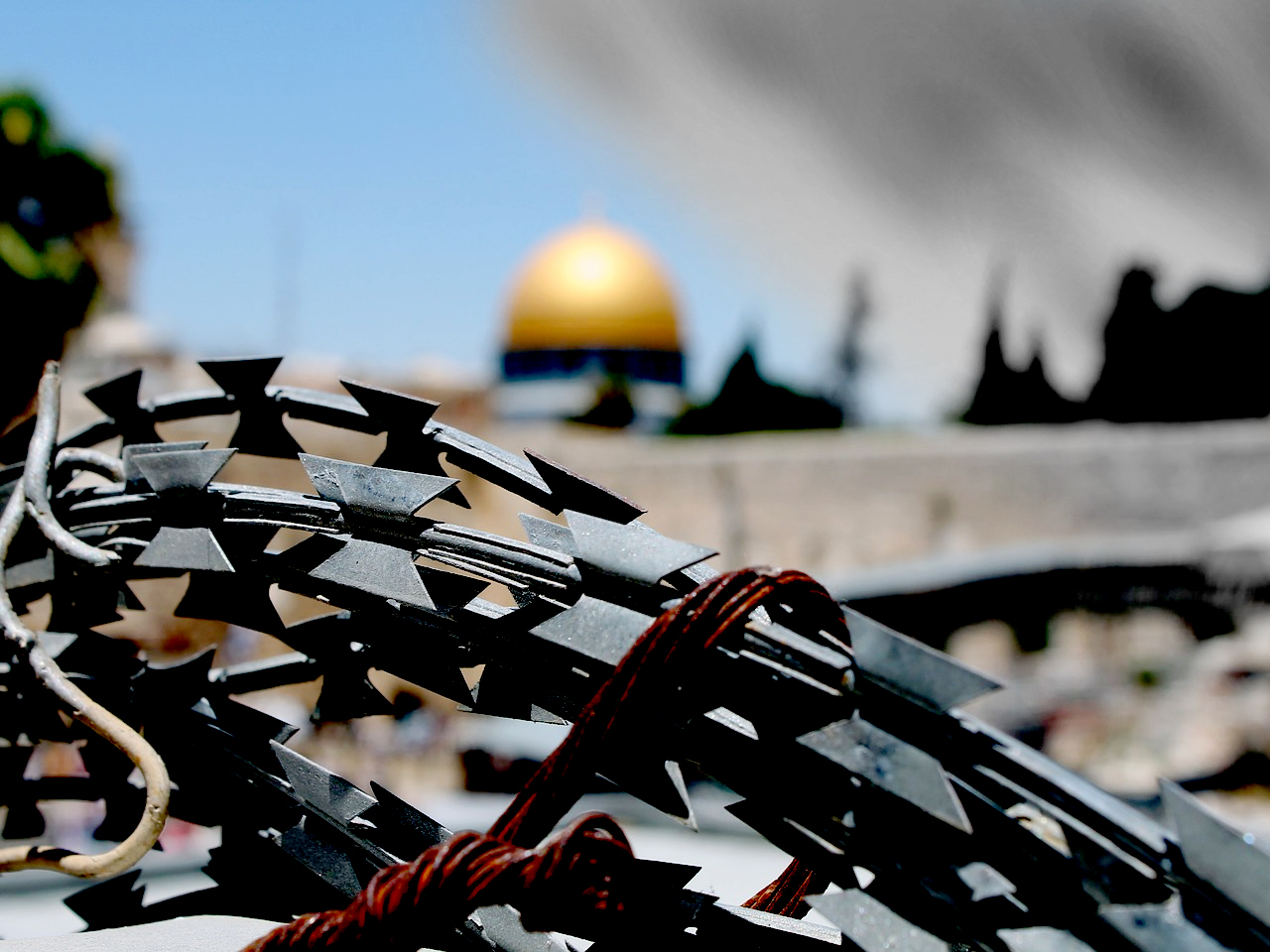How do you write when your heart is breaking?
As young diaspora Jews in the late stages of the pandemic, long hours on phones and social media haunt us with a barrage of images, of articles, of posts: the primary lines of connection to that small strip of land across the world. Hillels and Chabads take their stances, the Jewish institutional world puts out milquetoast statements meant to accommodate their masses and funders, the United States Congress sanctifies the right of the nation-state. Comment wars mount while actual missiles fly, thousands of miles away in Israel and Palestine.
As the Editor of New Voices Magazine, my role is discursive. In a moment such as this, a true worst of times, media plays a significant role in our collective understanding of events as they unfold. There is no such thing as an unbiased perspective, no such thing as apolitical action or a consequence-free silence. Our writers and community are acutely aware of this. The world was created through speech; so as Jews, we understand that words matter.
Since news of the evictions in Sheik Jarrah began to unfold weeks ago, I have heard from New Voices writers who have attended Palestinian solidarity actions and rallies, who have been calling their senators to support Betty McCollum’s bill to put conditions on U.S. military aid to Israel. I have read the posts of young Rabbis and Rabbinical students looking to reconcile Palestinian dignity and human rights with Jewish safety, expressing Torah to envision a world where these are not at odds. I have seen the calls of anti-Nationalist, antizionist Jews who do not believe in the right of any state to exist and the conflicted, pained Liberal Zionist Jews for whom this moment shatters any neat or comfortable rationalizations. I have witnessed young Jews of many political orientations who have been uncertain to speak; unsure of the right thing to do or the right thing to say, who may be reliant on communities or families of mixed political backgrounds for their material needs, those faced with so much overwhelm that statements feel futile, risking hypocrisy or virtue signalling at best, and so paralyze themselves with doubt. Most saliently, I have heard from community members who have friends and family, both Israeli and Palestinian, whose hearts are breaking in half with anxiety and fear for their loved ones’ safety and well-being. As diaspora Jews, it is not possible to disentangle ourselves from the current moment, primarily because of the deeply entangled nature of klal.
The mitzvah of ahavat yisrael, the unconditional love of other Jews, is perhaps the most difficult of all. It is a kind of internal solidarity that requires that we hold many tensions and contradictions, embracing that which feels paradoxical and painful all at once. It is easily co-opted by those who operate from a place of fear and intergenerational trauma, using ahavat yisrael as an invocation of Jewish self-isolation, a kind of pseudo-nationalism. But the truth is, ahavat yisrael is the solidarity that we learn at home, practiced here with our own, this tiny percentage of the human population, so that we can fully realize this vision by standing together with all other marginalized peoples of the world. It is praxis. And as any organizer knows, this kind of solidarity takes work.
As a small, independently funded magazine by and for Jewish students, operating on a shoestring budget, with our fifty-year heritage proudly rooted in a tradition of progressive and even radical Jewish writers, New Voices recognizes the importance of practicing ahavat yisrael. We take seriously our role as a site of discourse for young progressive Jews struggling with what it means to engage seriously with today’s reality in Israel and Palestine. Our publication is a container and an expression of ahavat yisrael; we understand that the opinions published here are not just talk, but the basis of Jewish identities and ideologies that lead to action in olam hazeh, the world as it is, in this moment. As a justice-focused Jewish magazine, we stand in solidarity with Palestinians and all other colonized peoples seeking freedom from occupation. We also uplift our own desire for global Jewish safety across the diaspora as a historically marginalized and displaced people, centering our practice of ahavat yisrael in the work. Our magazine does not claim to have answers. Rather, we are a place of questions for the sake of action.
To the young Jewish writers, journalists, activists, and thinkers that compose our community: we welcome your words, your anger, your grappling, and your pain. Even when our hearts are breaking, writing can be a site of refuge and action. As Shavuot approaches, we need your stories and the revelation that only you can bring into the world. Pitch to us and share your struggling. We will not be perfect, but we will always strive to do our best to join you in the struggle.
You can pitch your story to editor@newvoices.org.

